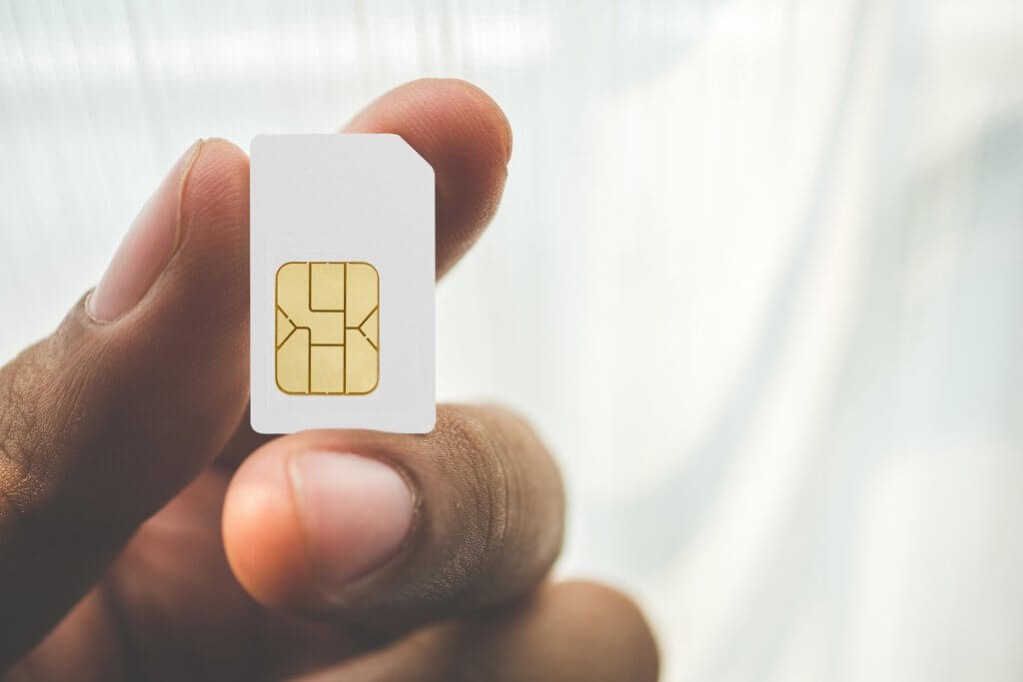
IoT has significantly changed how we interact with the world. Thanks to its ability to connect global devices and sensors to the internet. Its technology has redefined and improved numerous industries, including transportation and healthcare. The significance of IoT connectivity in modern times cannot be overstated, and the integral role played by IoT SIM cards in facilitating this connectivity cannot be ignored.
Recent data shows that there are approximately 13.15 billion connected IoT devices. This number is expected to escalate to over 27 or 29 million by 2025 (or 2030). In this article, we will discuss some of the upcoming or developing trends and uses that will transform the IoT’s future, portraying the technology’s development over time.








